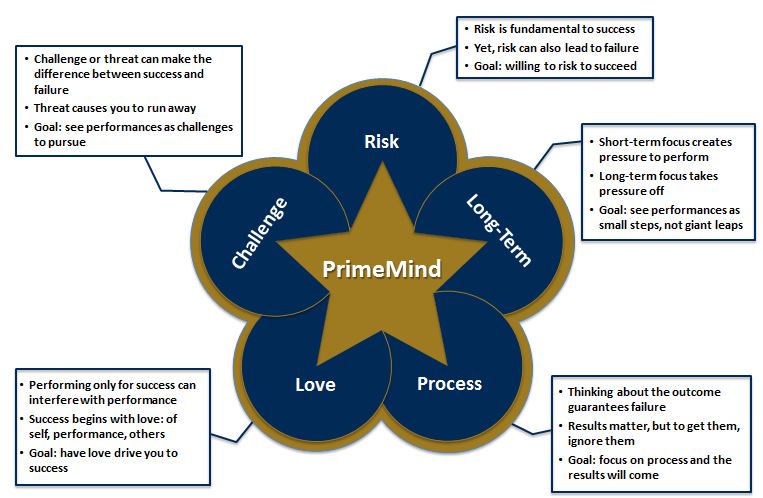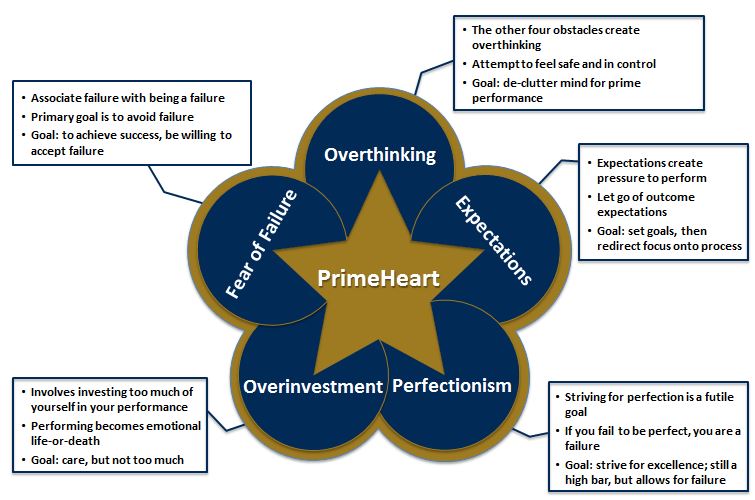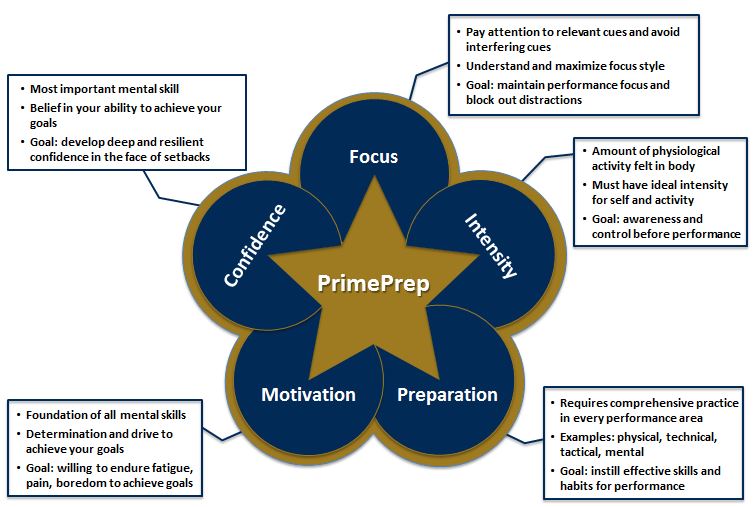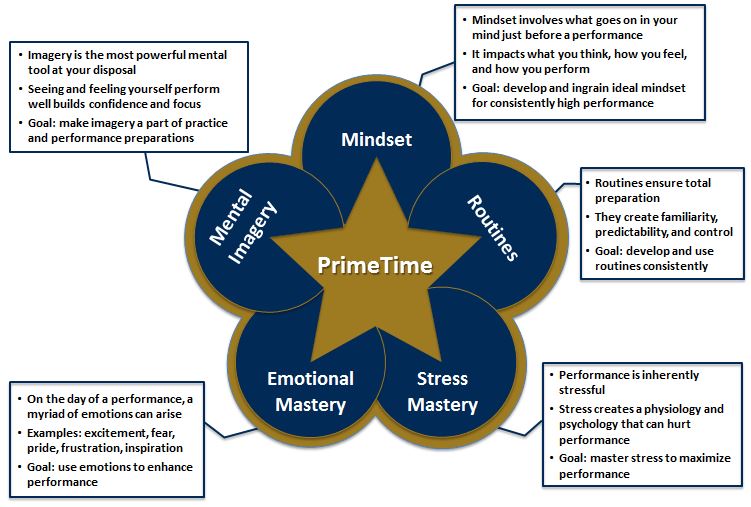A fundamental question I have been exploring in the 30 years that I have been working in the field of performance psychology is: What does it take to succeed? My life’s work has been devoted to answering this question so that anyone who is willing to pursue their dreams can find success.
Yet, in recent years, I have come to the conclusion that this question is not the question that should be asked. Success is, of course, the highly desired destination, but, in most people’s minds, it lies at the end of a journey, whether receiving a college diploma, earning a coveted job, winning an Olympic gold medal, or attaining some other sought-after achievement. Additionally, success can have as many meanings as the people who pursue it. As a result, success should not be the focus of your efforts.
Here’s a simple reality: if you can learn how to systematically pursue your achievement goals and perform your best, some degree of success is inevitable. How much success depends on factors both within and outside their control. But I go under the assumption that if you continue to strive for success and perform at your highest level possible, good things will happen.
So, instead of focusing on success, the challenge is to figure out the process by which success will result and how you can master that process. In other words, your fundamental goal should be to maximize your performances.
What Does it Take to Perform Your Best?
This discussion leads to an even more basic question: What does it take to perform your best? Over the years, I and others have identified factors that we believe are necessary to perform at your highest level and achieve success, for example, intrinsic motivation, grit, confidence, resilience, emotional intelligence, habits, focus, practice, and many others.
Yet, I have always felt that these explanations were, standing alone, too simplistic to adequately explain such a complex phenomenon as performance. What this field of study lacks is a means of pulling together the many and disparate influences into a comprehensive and cohesive framework.
Unified Model of Performance Psychology
The culmination of this thinking has led to my development of a Unified Model of Performance Psychology that provides a comprehensive and deep understanding of the two questions that I posed above: what it takes to perform your best and, by extension, what it takes to succeed.
Providing such a complete and clear picture makes performance and success more manageable and attainable. My Unified Model offers you a tangible framework that you can readily wrap your arms around. Importantly, as someone who has been a researcher, consultant, and practitioner of what it takes to maximize performance, my goal is to offer you the deep insights, practical skills, and useful tools necessary to bring high performance and success within reach of anyone willing to commit to their pursuit.
My Unified Model of Performance Psychology is comprised of four factors that represent what I believe are the essential contributors to performance: Perspective, Obstacles, Skills, and Tools.
Perspective (PrimeMind)
The five perspectives enable you to develop what I call PrimeMind, which involves looking at performance, competition, and success in the healthiest way possible. By adopting these perspectives, you give yourself the foundation you need to pursue your achievement goals from a healthy starting point.
Obstacles (PrimeHeart)
The five obstacles are often erected without your awareness when deeply involved in an achievement activity. These obstacles prevent both effective preparation and consistently high performance. Your goal is to remove these obstacles so that you can experience what I call PrimeHeart which is a psychological and emotional state in which you are liberated to pursue your goals with openness, freedom, and gusto.
Skills (PrimePrep)
The five skills are essential for you to prepare yourself fully to perform your best. They enable you to experience PrimePrep, which involves getting the most of your efforts, whether in studying, training, or practice. If you can learn these skills, you give yourself the means to enter performances totally prepared to perform at your highest level possible.
Tools (PrimeTime)
The five tools provide you with the practical strategies you need before and during a performance to ensure you are comprehensively prepared to perform your best when it counts the most. They are aimed at attaining and maintaining PrimeTime, an optimal mental and physical state required to achieve success. When you put these tools in your ‘mental toolbox’, you give yourself the power to take control of your performances and experience success on demand.
Note: The Unified Model of Performance Psychology is copyrighted and may not be used without the written consent of Dr. Jim Taylor.









